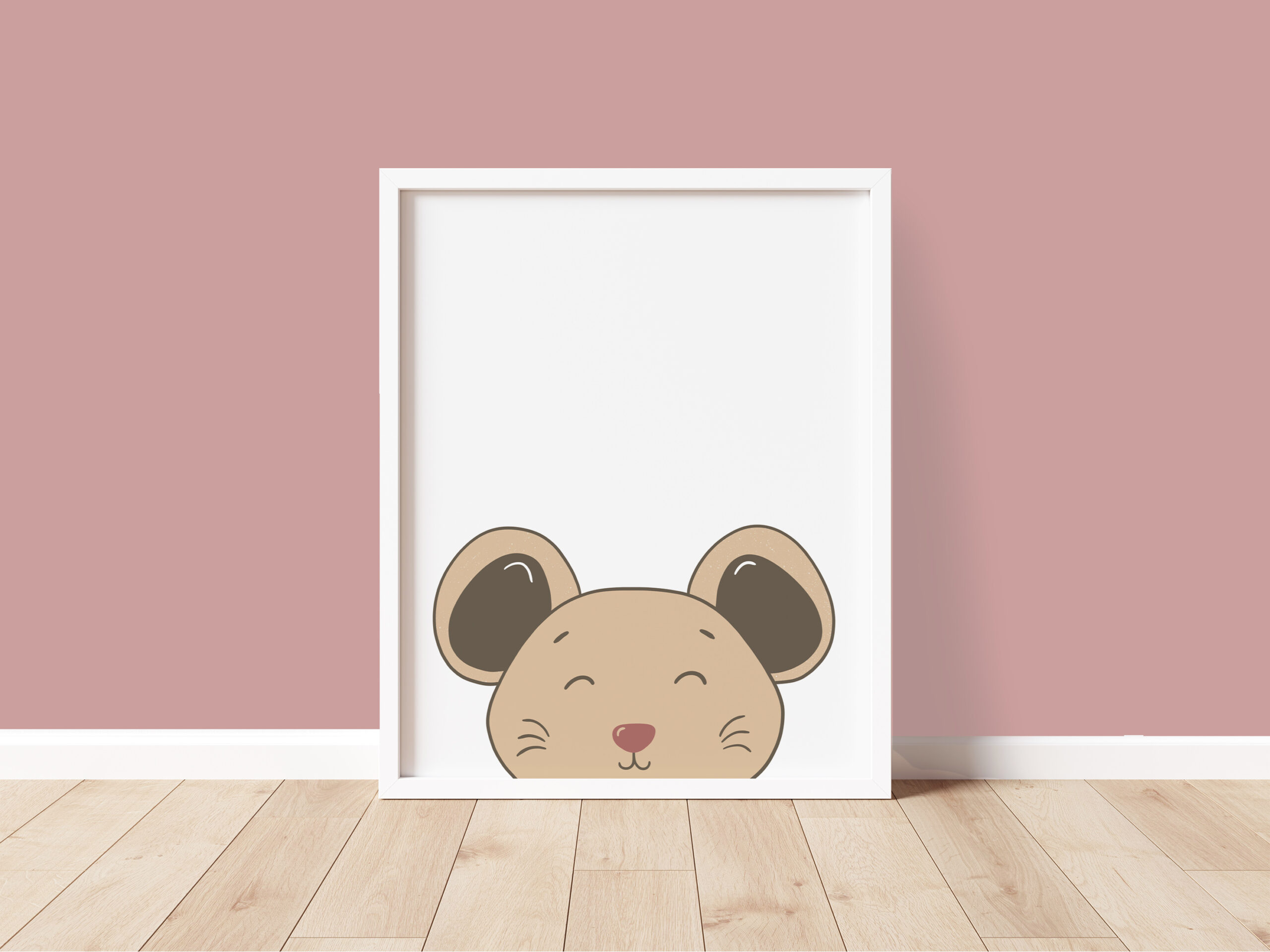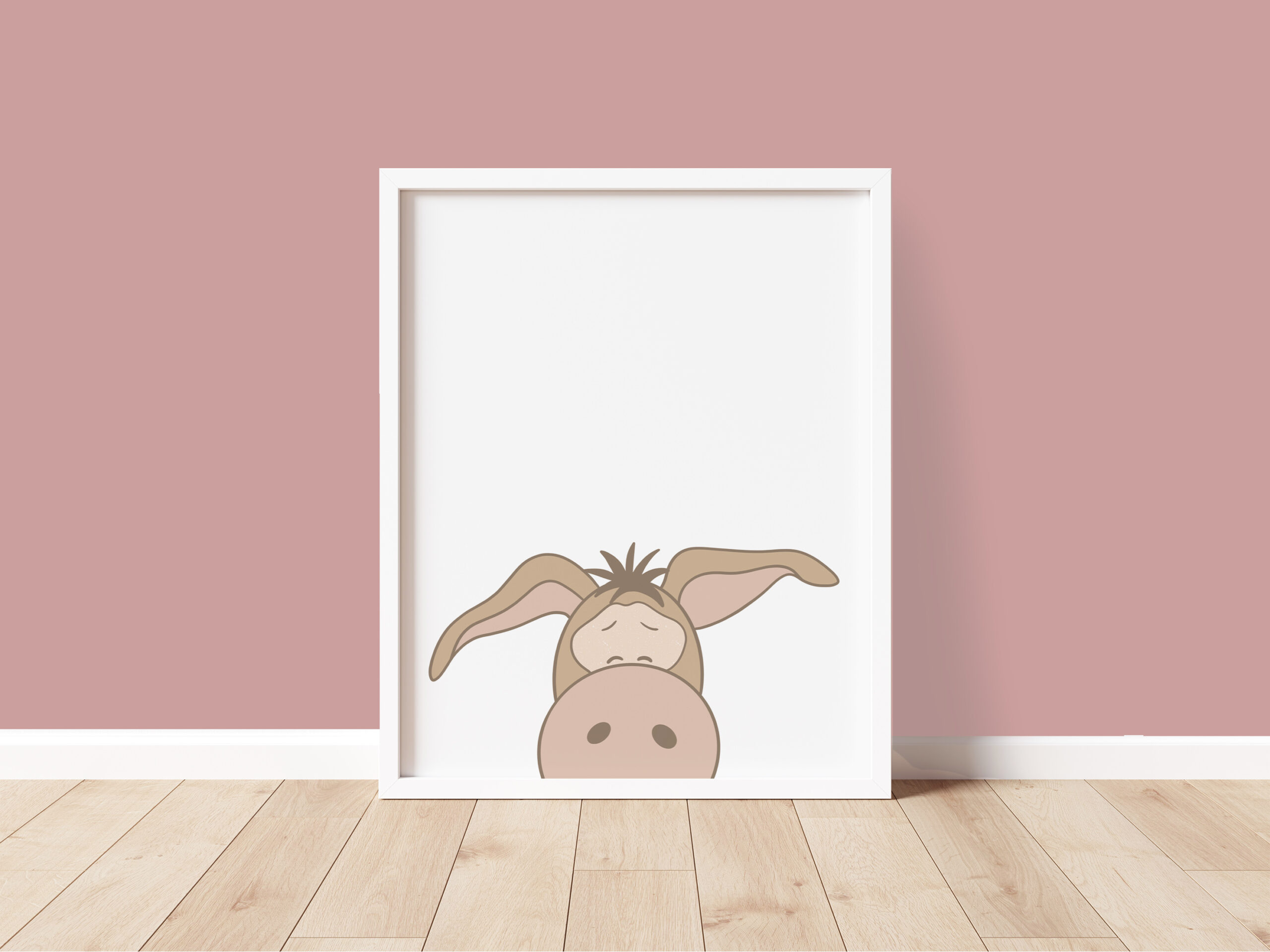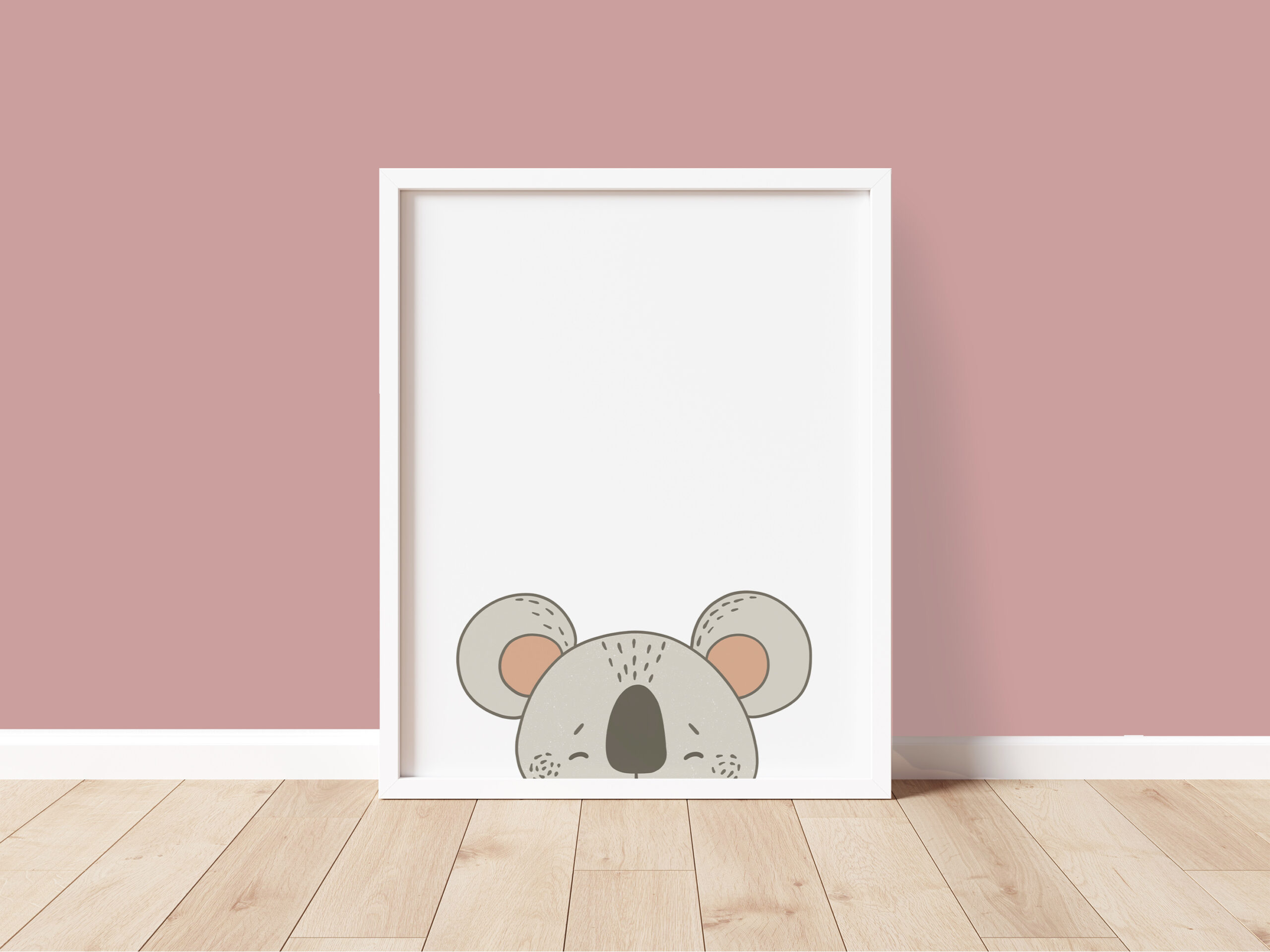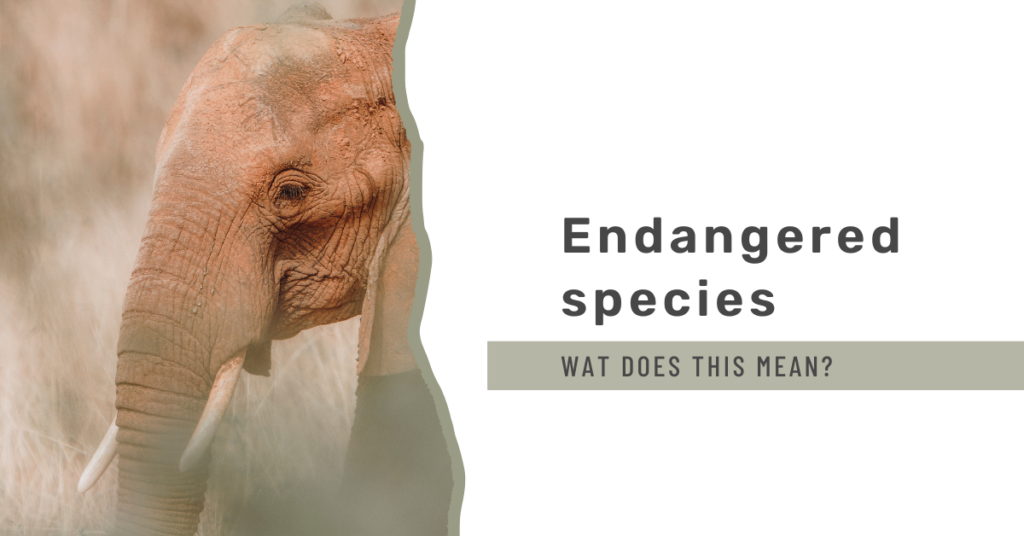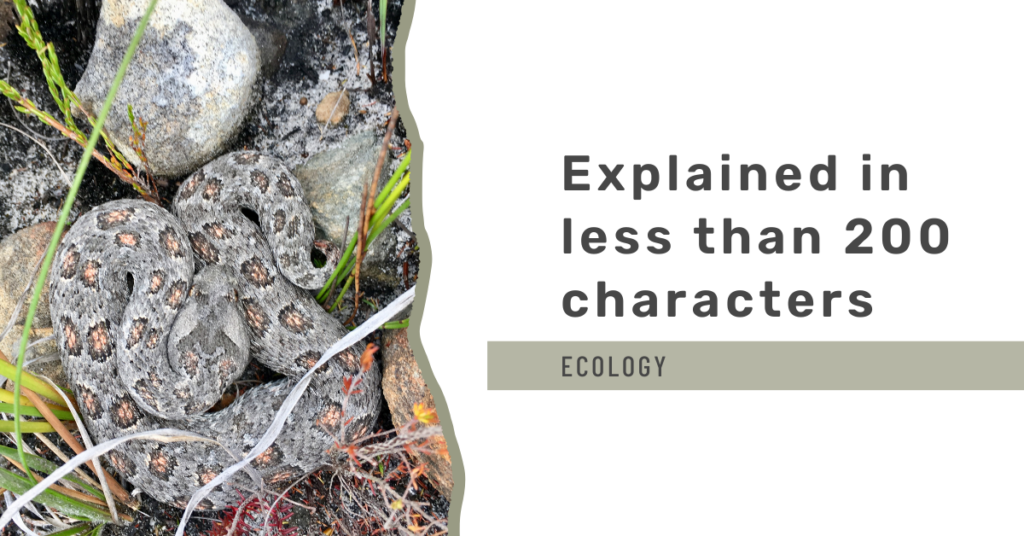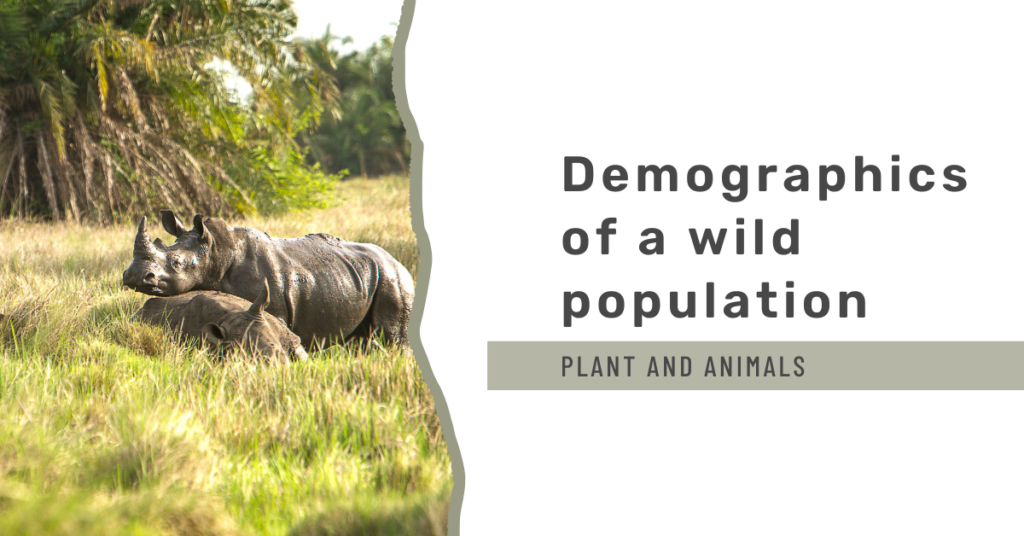Pollination is a crucial process in the reproduction of plants, and it is essential for the survival of many species. Pollinators are animals that help transfer pollen from the male reproductive organ of a flower to the female reproductive organ of another flower of the same species. Thereby fertilizing the plant and allowing it to produce seeds. This process is not only essential for the reproduction of plants, but it also provides numerous benefits to our environment and our daily lives. In this essay, we will explore the crucial role of pollinators in our ecosystem and the consequences of their decline.
The Importance of Pollinators
Pollinators play a vital role in the health and well-being of our ecosystems. They are responsible for the reproduction of many flowering plants. Which provide food and habitat for a wide range of other organisms. In fact, more than three-quarters of the world’s food crops rely at least in part on pollination by animals, including many fruits, vegetables, nuts, and seeds.
One example of the important role pollinators play is in the production of honey. Bees, one of the most well-known pollinators, are responsible for pollinating a wide variety of flowering plants, including fruit trees, berries, and vegetables. This pollination process is essential for the plants to produce fruit, which is then used to make honey. Honeybees are also used in the pollination of other crops, such as almonds and other nuts, which are important sources of nutrition for many people.
In addition to providing us with food and other products. Pollinators also play an important role in maintaining the biodiversity of our ecosystems. By pollinating a wide range of flowering plants, they help to ensure that there is a diverse array of plant species present in an ecosystem. This, in turn, helps to support a wide range of other organisms, including birds, mammals, and insects.




Types of Pollinators
Pollinators come in a variety of shapes and sizes and play an essential role in the reproductive success of many plants. Different types of pollinators exist, each exhibiting unique characteristics and behaviours. Bees, among the most important pollinators globally, pollinate a vast array of plants, including fruits, vegetables, and nuts. The bright colours and sweet nectar of flowers attract bees, and they collect pollen on their bodies while foraging, transferring it to other flowers. Butterflies are another critical pollinator, though less effective than bees. Attracted to flowers with bright colours and strong scents, they use their long proboscis to reach deep into the flower for nectar. Pollen collects on their bodies as they feed, and they transfer it to other flowers.
Like butterflies, moths are attracted to flowers with strong scents. They have long tongues that they use to reach the nectar deep inside the flower. As they feed, they collect pollen on their bodies and transfer it to other flowers. Some species of beetles are also important pollinators. They are attracted to flowers with strong scents and bright colours and collect pollen on their bodies as they move from flower to flower. Certain species of birds, such as hummingbirds, are also important pollinators. They are attracted to brightly coloured flowers with tubular shapes and use their long, thin beaks to reach the nectar inside. As they feed, they collect pollen on their bodies and transfer it to other flowers.
The Unlikely Pollinator: Bats
Bats are a unique group of pollinators as they are the only mammals capable of sustained flight. In many parts of the world, bats play a vital role in pollinating several plant species. Particularly in tropical and desert ecosystems where other pollinators are scarce. Many bat species feed on nectar and pollen, which they collect from a variety of flowering plants. Bats are also essential for the pollination of several economically important crops, including mangoes, bananas, and guavas. In some regions of the world, such as Southeast Asia, bats are the primary pollinators of durian trees, which produce a fruit with a pungent odour and taste that is prized in the region.




Decline of Pollinators
Unfortunately, pollinator populations are in decline around the world. Habitat loss, pesticide use, and climate change are some of the main factors contributing to the decline of pollinators. As we continue to clear forests and other natural habitats for agriculture and development, pollinators are losing their habitats and food sources. The use of pesticides and other chemicals is also harming pollinator populations by killing off their food sources and weakening their immune systems. Finally, climate change is affecting the timing of flowering and migration patterns. Which can disrupt the timing of pollination and reduce the availability of food for pollinators.
The decline of pollinators has serious consequences for our environment and our daily lives. The loss of pollinators can lead to a decline in the production of many crops. Leading to food shortages and increased food prices. It can also lead to a decline in the biodiversity of our ecosystems, which can have cascading effects on many other species. In addition, the loss of pollinators can also have economic consequences. As many industries, such as agriculture, rely heavily on pollinators for their livelihoods.
Adapting to Pollinator Decline
To address the decline of pollinators, there are several steps that we can take. One is to reduce the use of pesticides and other chemicals that harm pollinators. Another is to plant native wildflowers and other pollinator-friendly plants, which provide food and habitat for pollinators. We can also create and protect habitats for pollinators by conserving natural areas and reducing habitat loss. Finally, we can support research and education to increase awareness of the importance of pollinators and their role in our ecosystem.
pollinators play a critical role in maintaining the health and biodiversity of our ecosystems. Unfortunately, their populations are in decline due to habitat loss, pesticide use, and climate change.
Want to support my work?
I spend a lot of time keeping this website filled with educational content and keeping updates about what I do to achieve my dream of working and living in Africa. Do you want to support me? You can buy me a coffee or purchase one of my digital prints. All proceeds will go towards my elephant research and the time spent on this website.





